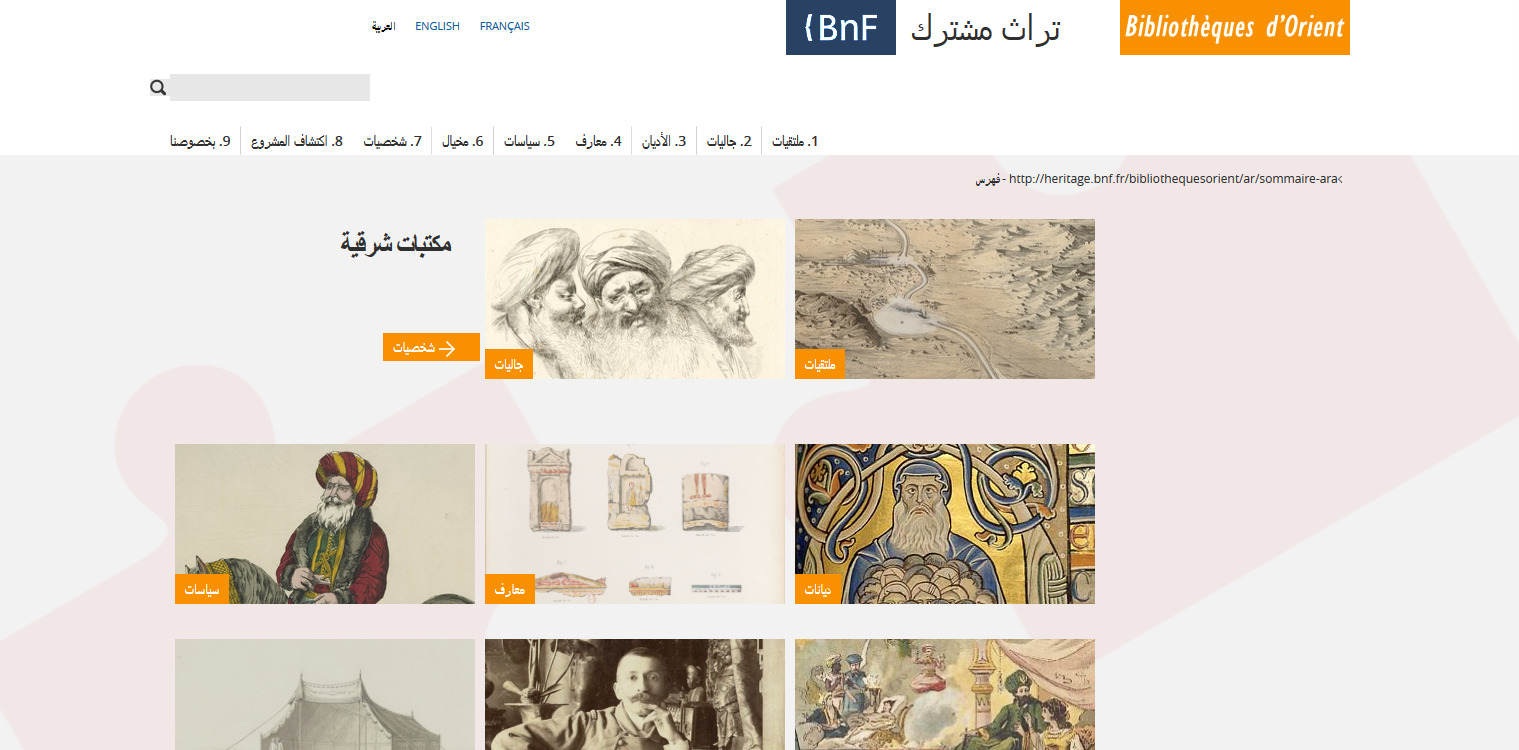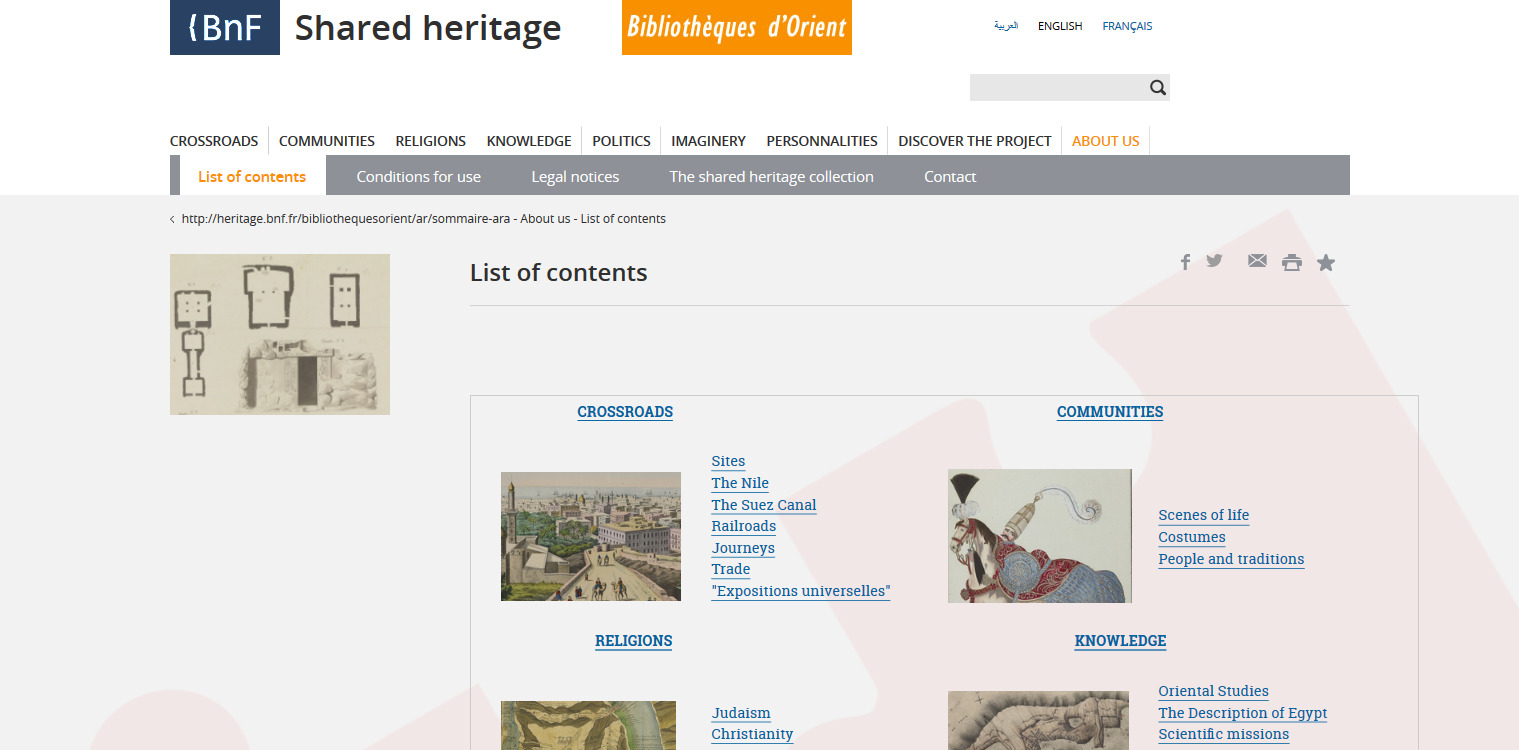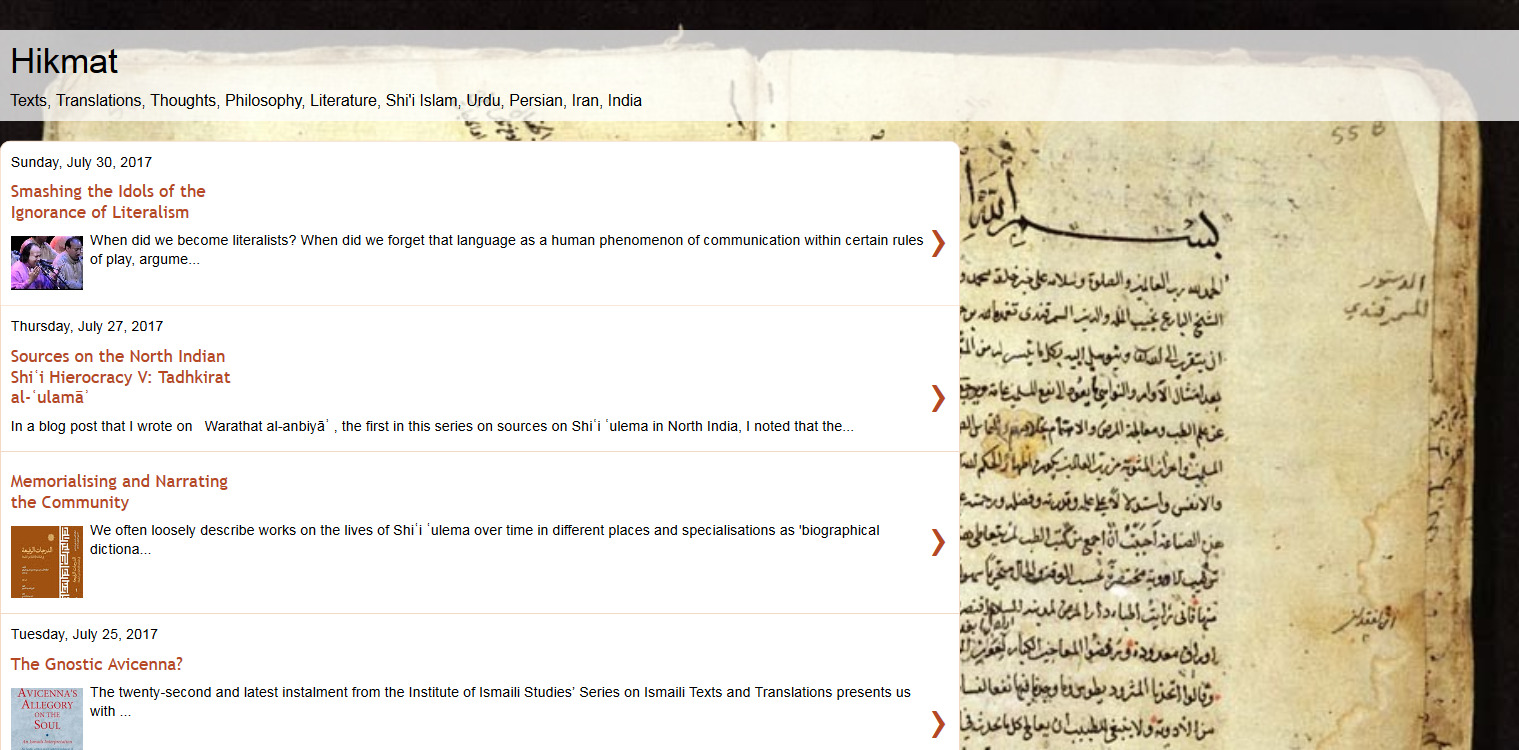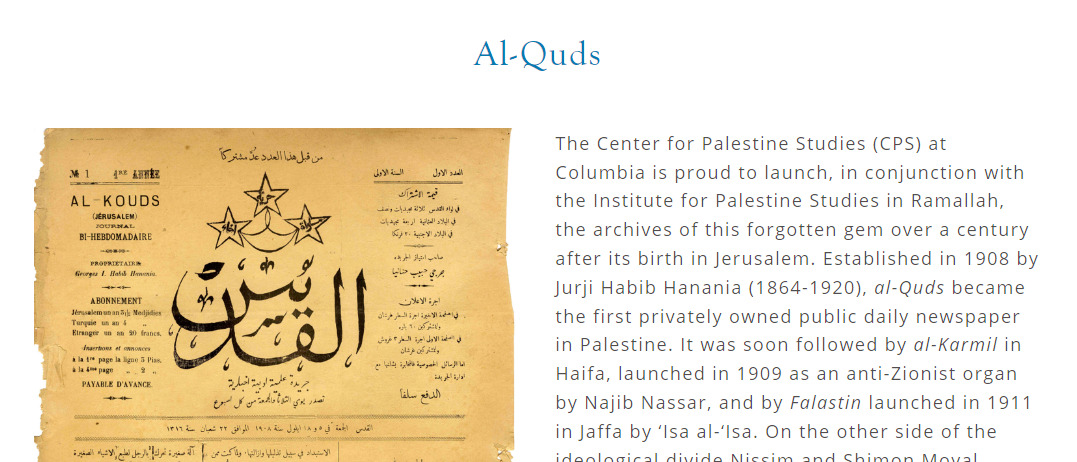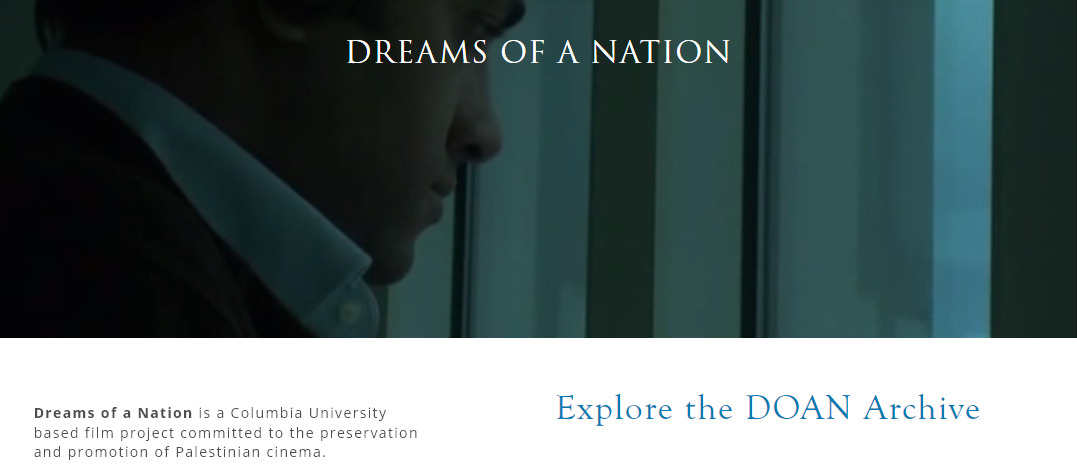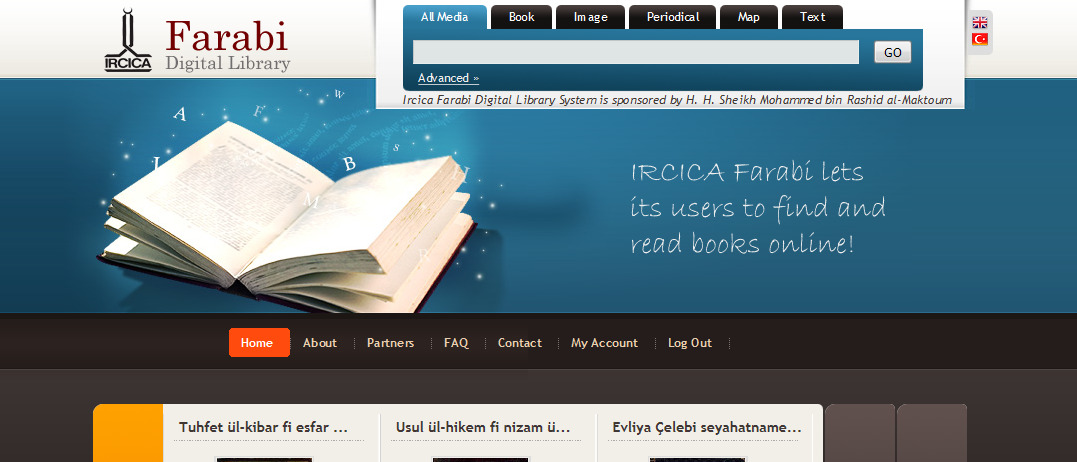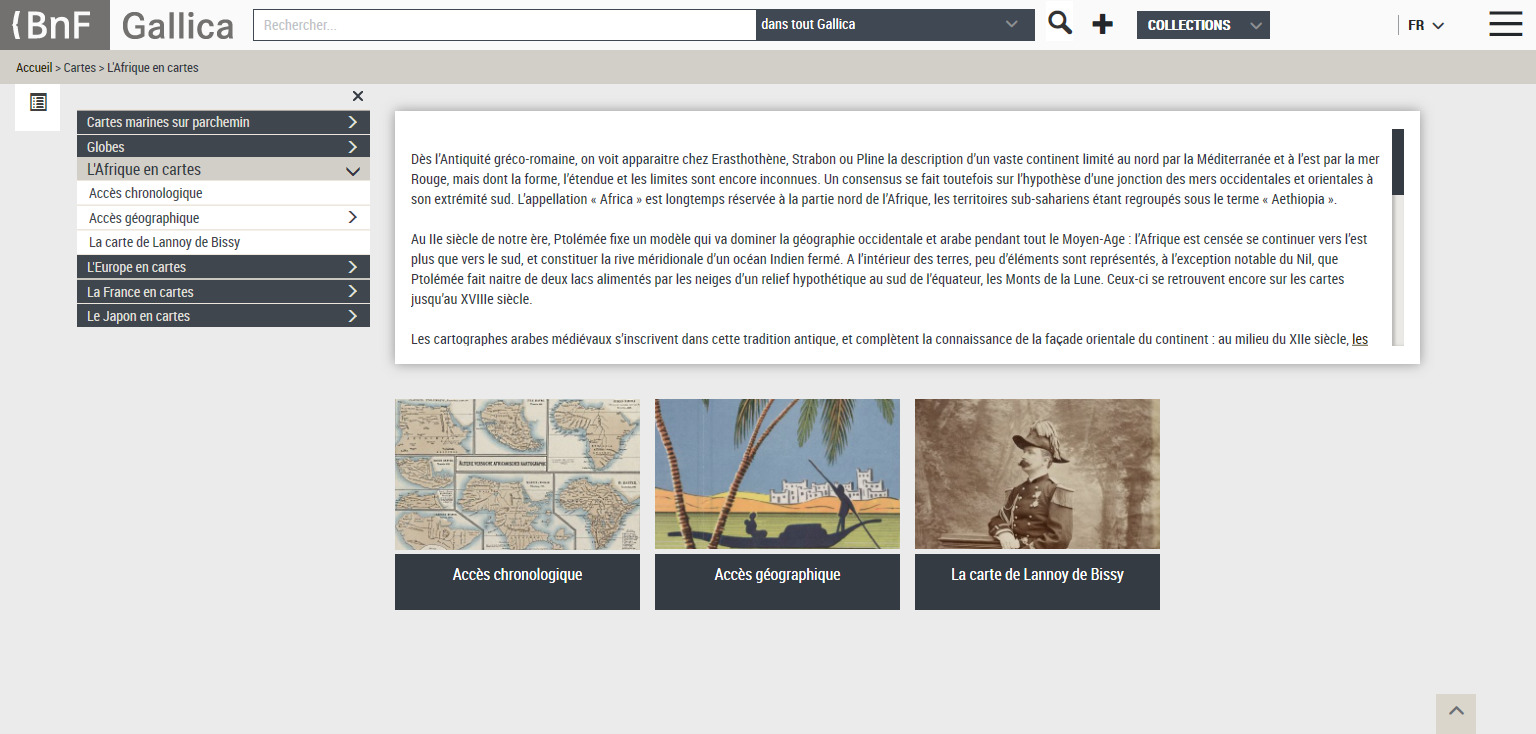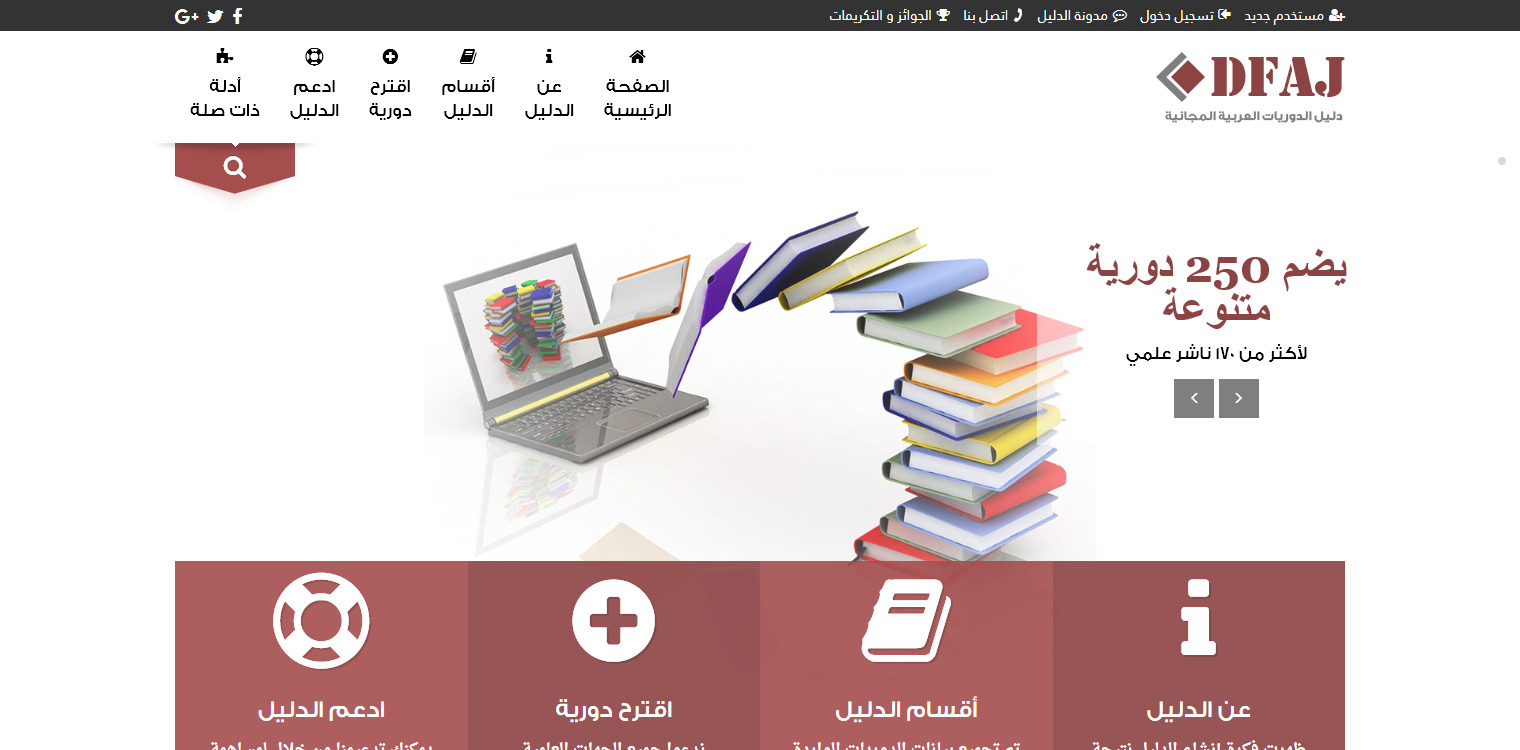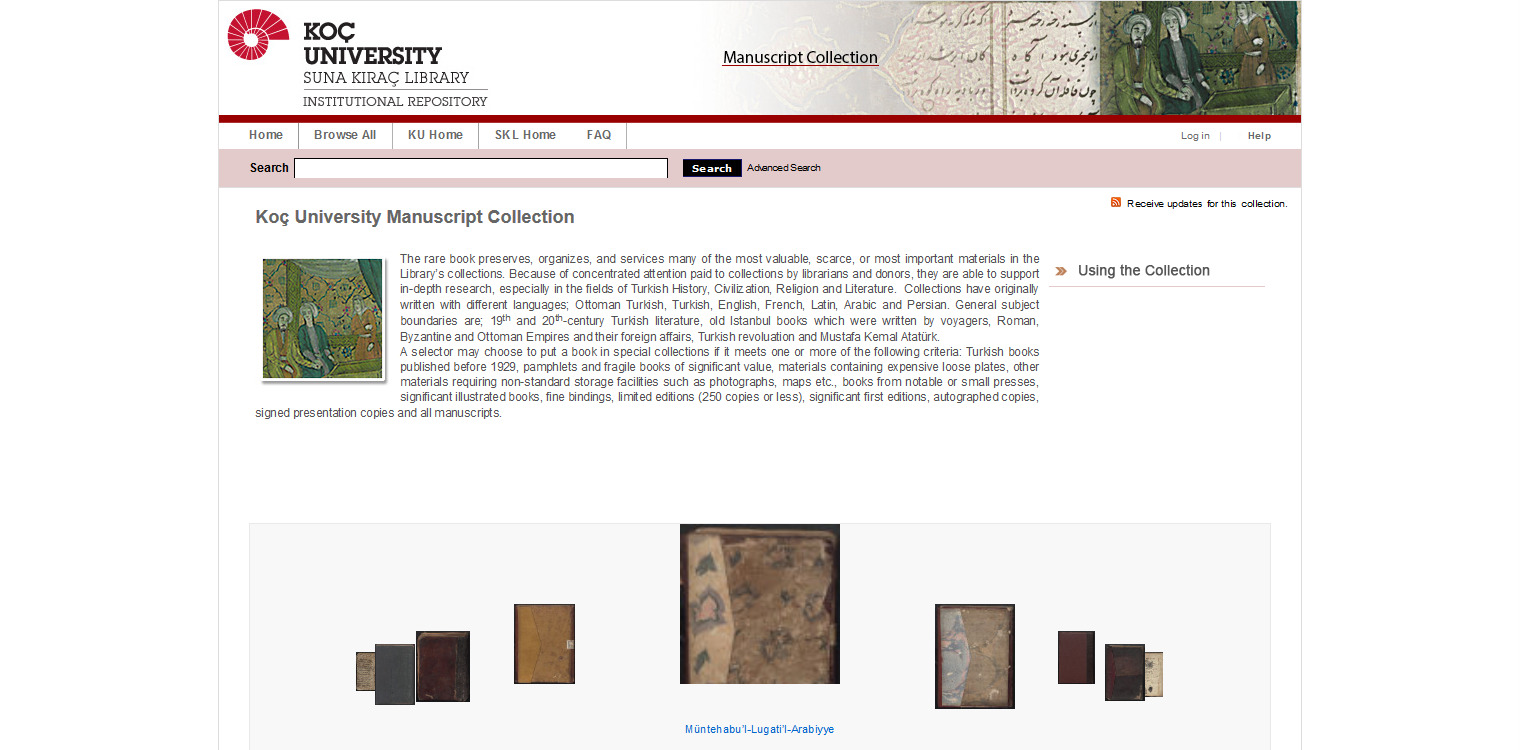The Arcadian Library Online platform makes available to students and researchers the collection of the Arcadian Library, a privately-owned library focusing on the shared cultural heritage of Europe and the Middle East. Materials in the Arcadian Library’s collection cover a wide-range of topics among which: travel accounts, history of science and medicine, literature, history, etc.In addition to rare printed books, the Arcadian Library also owns manuscript and documentary material of great importance and rarity.
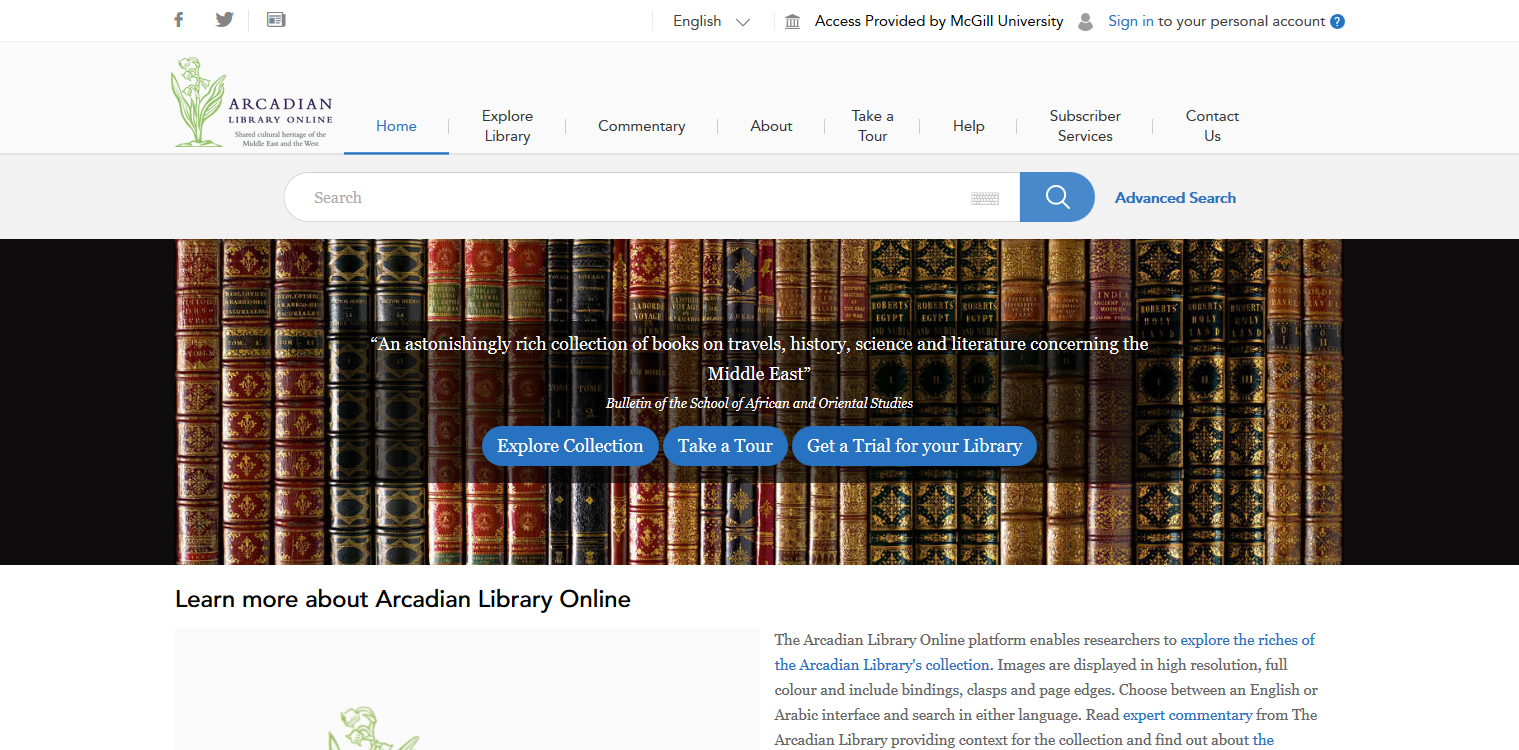 The History of Science and Medicine collection “includes manuscripts, incunabula, early printed books and monographs from the 10th to 20th centuries. The collection showcases the contribution of early Arab and Persian scientists, doctors and thinkers; their translation, reception and influence in Europe and their lasting influence on the development of Western scientific and medical knowledge. It includes:
The History of Science and Medicine collection “includes manuscripts, incunabula, early printed books and monographs from the 10th to 20th centuries. The collection showcases the contribution of early Arab and Persian scientists, doctors and thinkers; their translation, reception and influence in Europe and their lasting influence on the development of Western scientific and medical knowledge. It includes:
- Texts on agriculture, astronomy, chemistry, herbalism, mathematics, medicine, natural history, pharmacology, philosophy, physics and surgery
- Texts on the plants, animals and natural environment of the Middle East
- Texts on travel and scientific expeditions exploring the Middle East
- Texts in Arabic, Dutch, English, French, German, Greek, Hebrew, Italian, Latin, Persian and Spanish.”
The Arcadian Library Online displays colour images in high resolution. Materials can be saved, downloaded, printed, shared, and cited directly from the viewer.
The interface is bilingual English/Arabic, and the database searchable in both languages.


